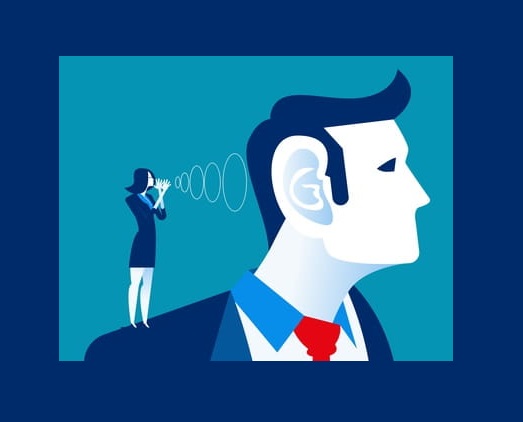A Quick Guide
Active listening is a key component of being a good listener and involves actively participating in the listening process by giving attention, showing empathy, and understanding the other person’s perspective. It includes components like encouraging, paraphrasing, and summarizing, which help clarify and understand the other person’s message, improve relationships, and resolve conflicts. Developing active listening skills can have positive effects on various aspects of life, including relationships, support in distress, and reducing workplace tensions.
Introduction
Have you ever had an experience when someone said you did not actually hear what they said? Or that you don’t understand them? Did the person say you are not trying to see the situation from their point of view? If your answer is yes, do not worry. Many of us experience this at some point in our life. Even our best attempts at being good listeners and showing that we are trying to understand someone are not good enough.
So, what’s the reason for this? In simple words, we are quite used to seeing the world from our own perspective. So much so that it blinds us from understanding the perspective of the person opposite us. Luckily, you can take steps to change that. Since learning how to be a good listener is a skill. Some individuals are innately attuned to the people around them. Whereas, others need to practice and develop this skill till it becomes second nature.
A Good Listener: An Active Listener
So, what makes a good listener so different from a bad one? The answer is active listening. We usually consider listening to a passive activity where we sit around and hear the other person’s story. Many people unfortunately equate silently listening to good listening. Whereas, in reality, that’s just the basic courtesy of giving someone respect.
Good listening is much more than that. It requires you to actively participate in the process. It demands your attention, your ability to notice small changes in a person’s feelings, thoughts, and emotions, and your skills of showing empathy. An active listener is able to walk in the other person’s shoes and truly understand their experience.
Related article: Learn Empathy: 11 Powerful Ways to Develop This Lifeskill
Components of active listening
Active listening has three basic components. These include:
- Encouraging: You restate the other person’s keywords and show certain non-verbal actions to encourage them to keep talking and elaborate on their concerns.
- Paraphrasing: You rephrase the content and reflect the other person’s feelings to get more detail and clarify any misunderstandings.
- Summarizing: You summarize the entire conversation with the other person and integrate it with their thoughts, emotions, and behavior. This is done to improve their coherence, enhance their self-understanding, and focus the discussion on important points.
How will active listening components help you be a good listener?
Learning the components of active listening will help you exhibit the following good listening skills:
- You can help others clarify and clearly articulate what they want to say.
- You can clearly understand the other person’s underlying message by saying back what they said and checking for any misunderstandings.
- Help people be comfortable around you and facilitate them to talk in detail about their pressing concerns.
- Let the other person know you have heard them and understand their perspective.
- Learning to help others get to the point easily. This can include learning to deal with people who are overtalkative, ramble on without stating what they mean, and just have difficulty expressing themselves.
- Help others express themselves in an organized manner through your skills of summarization.
Significance of good listening and its effects on daily life
Empathically listening to others is not too easy. Yet, once you learn to do it, you may see its positive effects on various aspects of your life. Such as:
- Enriching the quality of your relationships.
- Knowing how to support someone in distress.
- Minimizing the frequency and intensity of relationship disputes in your marital and social life.
- Learning how to resolve conflicts between other people.
- Reducing workplace tensions with colleagues and boss.
- Understanding the perspective of others will help you regulate your own negative emotions about them.
Watch: [Active Listening]
Now that we have established the importance of good listening and its key points, learn the ‘how’ of it in detail with examples, in our next article. Also, learn how to apply these skills in listening to children.



 Healing Your Inner Child: A Short Guide
Healing Your Inner Child: A Short Guide  What You Need to Know About Trauma & its effects
What You Need to Know About Trauma & its effects  Dealing with a Narcissistic Parent: Strategies and Support
Dealing with a Narcissistic Parent: Strategies and Support  Understanding the MBTI Personality Types
Understanding the MBTI Personality Types  Understanding the Big Five Personality Traits
Understanding the Big Five Personality Traits  Body Image: what it entails and how it affects you
Body Image: what it entails and how it affects you